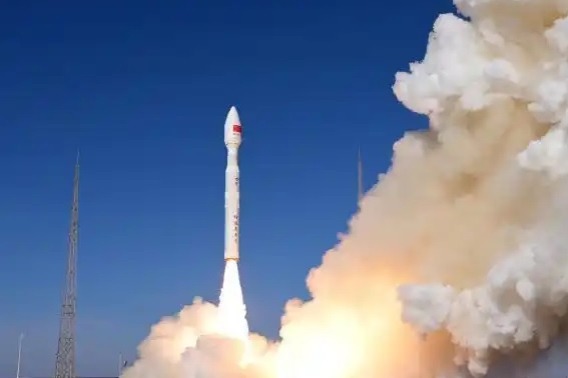IPR transfer oversight to be tightened

Better regulation of overseas sales to guard security, competitiveness
A guideline to more tightly regulate the transfer of domestic intellectual property rights to overseas buyers has been released by the State Council, its website said on Thursday.
The draft aims to improve the national security system to safeguard the State's safety and the public's interest as it regulates the overseas transfers of IPR.
A stricter review will be carried out when IPR transfers involve patent rights, exclusive rights to layout designs of integrated circuits, computer software copyrights and rights to new plant varieties. The transfers occur with technology exports and international companies' acquisition of Chinese enterprises.
According to the guideline, Chinese units or individuals can transfer their IPR to international enterprises, individuals or groups.
Such transfers will be reviewed if they appear to affect China's national security or China's core technology innovation in key fields, the guideline said.
"The introduction of the guideline is an important move to protect national security," said Zhang Zhicheng, director of the Protection and Coordination Department at the State Intellectual Property Office of China.
With the rapid development of the economy and technology, China has mastered a series of core technologies and developed some high-quality intellectual properties, Zhang said, and IP transfers have increased, especially overseas transfers.
In 2017, royalties from exports of China's intellectual property surpassed $4 billion, he added.
Zhang said that if the nation failed to conduct strict reviews over core IP transfers involving national security, it is likely it could lose control over core technologies it has developed in important fields, resulting in massive financial losses. That could restrain China's ability to innovate and gain competitive advantages internationally.
Reinforcing management over IPR overseas transfers related to national security also complies with international rule, he said.
The Agreement on Technical Barriers to Trade of the World Trade Organization stated that it should not stop any country from taking action to protect its security and core interests, he said.
Zhang listed examples of how developed countries deal with IPR transfers overseas.
"The United States has an advanced system for IPR transfer overseas. Its commerce ministry oversees technology exports. When it comes to corporate mergers, the foreign investment committee oversees IPR transfer. The EU and Japan have similar review systems," he said.
The new guideline also aims to build a better and more fair business environment, it said.
- Fire in a residential building claims 12 lives in Guangdong
- International experts share innovative poverty solutions
- Guangdong to launch campaign to identify and rectify major fire hazards
- Vocational school dismisses official over voting scandal
- China sees steady growth in railway sector in 2025
- Chinese architect confirms economic feasibility of integrating tradition and modernity




































